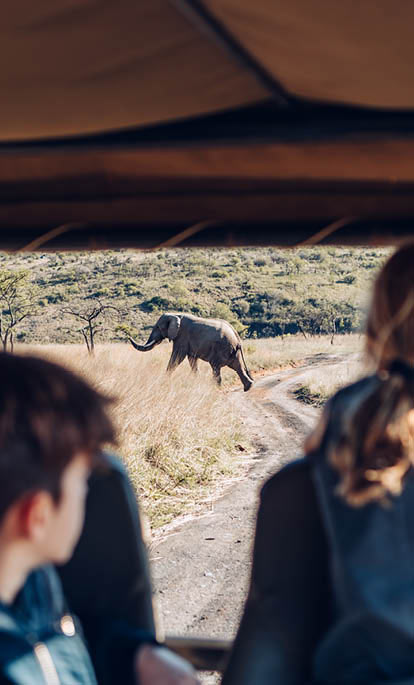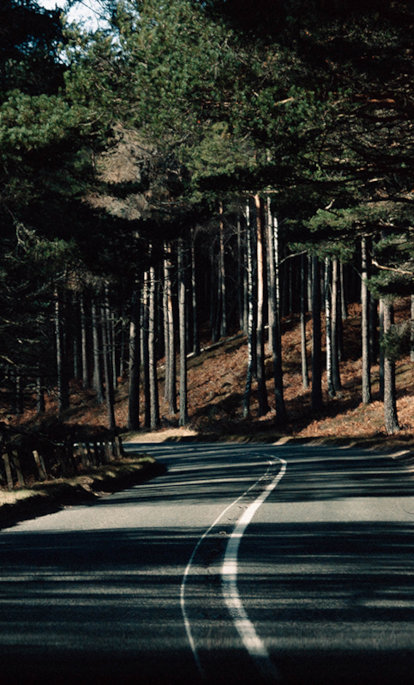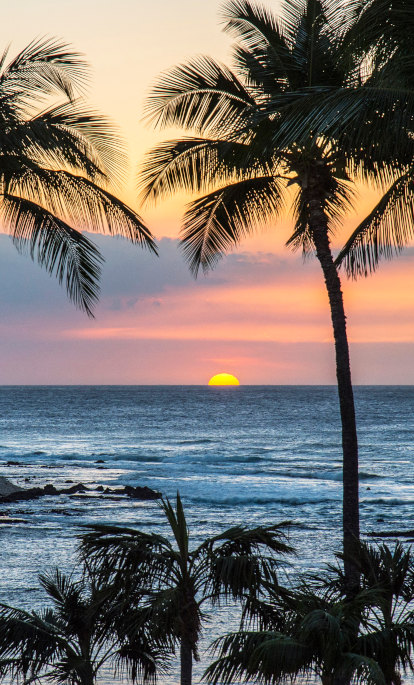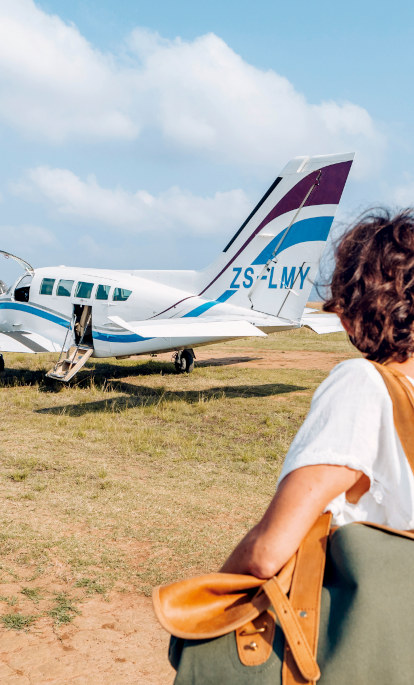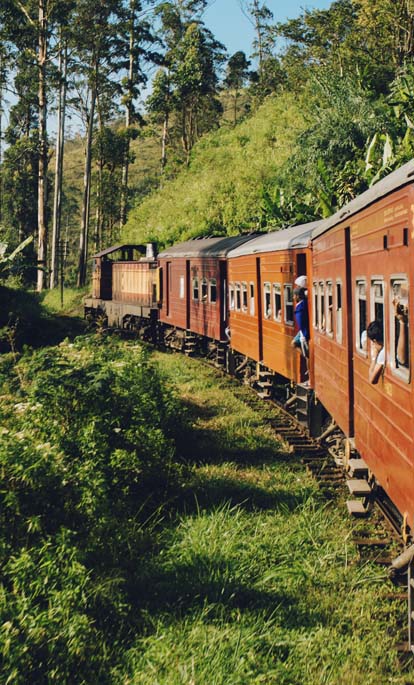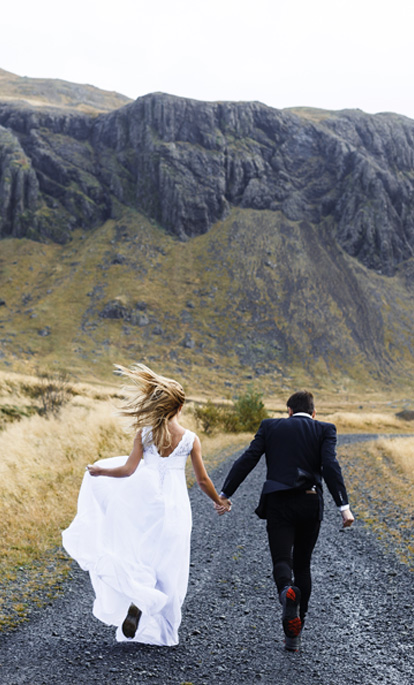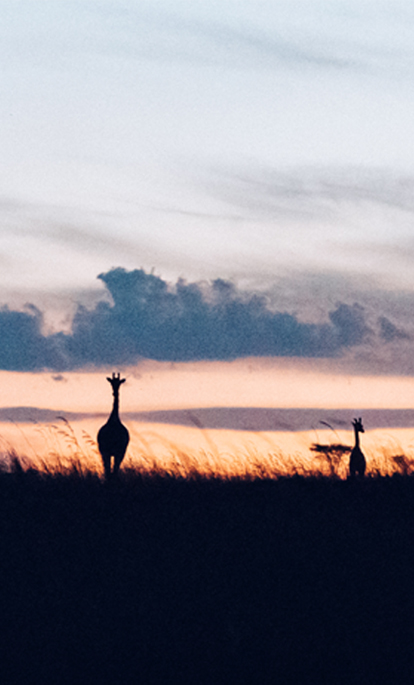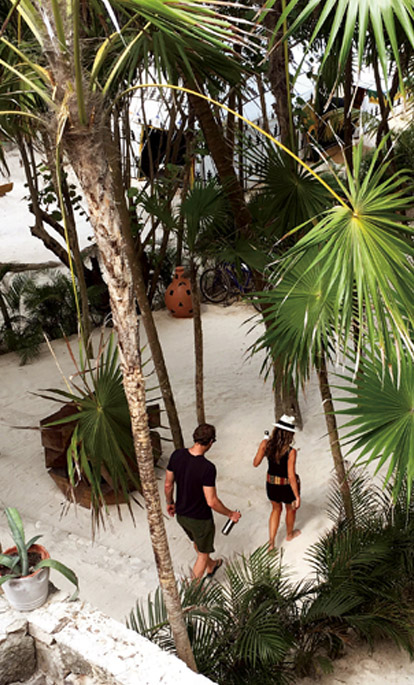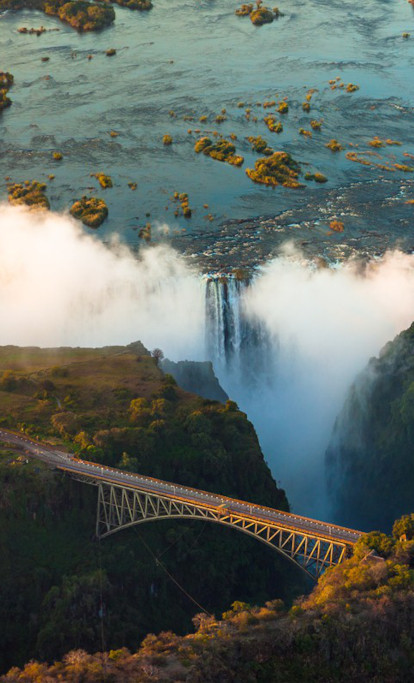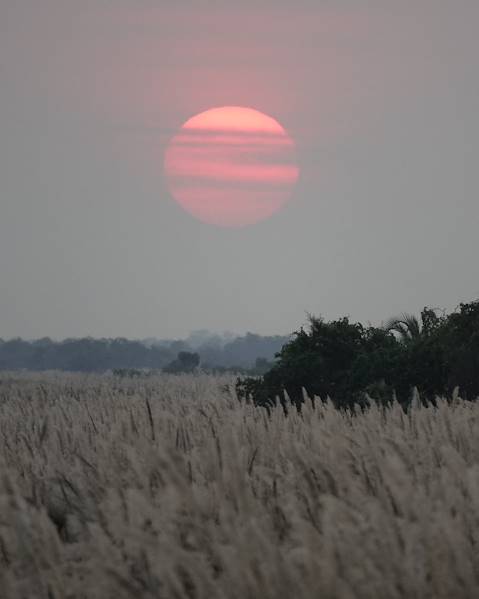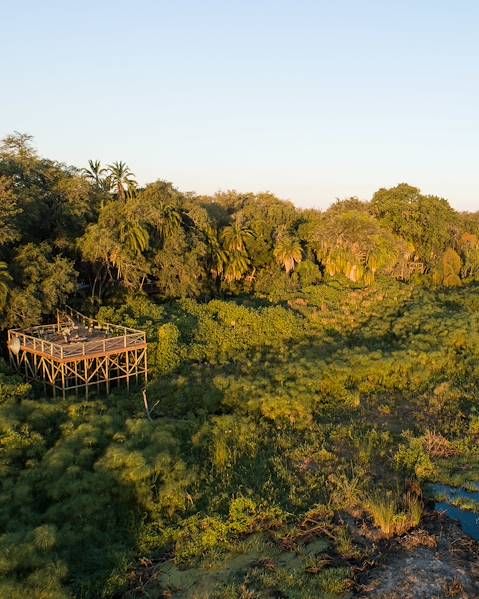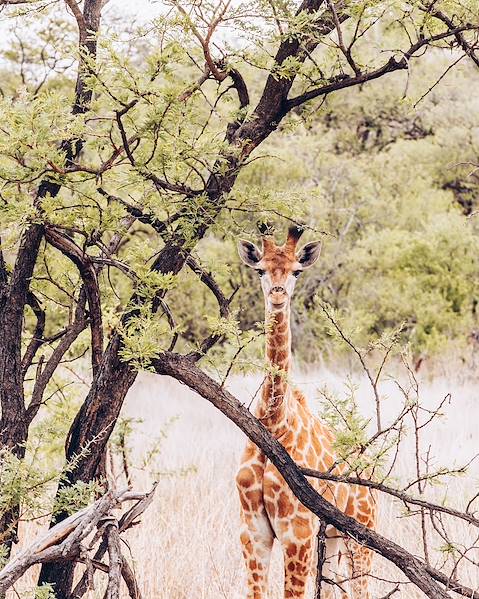Population
The population of Zimbabwe is around 15.99 million (2021).
Official language
Zimbabwe has 16 official languages: Chewa, Chibarwe, English, Kalanga, Koisan, Nambya, Ndau, Ndebele, Shangani, Shona, Sign Language, Sotho, Tonga, Tswana, Venda and Xhosa. Zimbabwe holds the Guinness World Record for the country with the largest number of official languages.
Languages Spoken
Shona is the most commonly spoken language and is used by over 70% of the population. Ndebele is spoken by roughly 20% of the country, while English is Zimbabwe’s lingua franca, used in government and businesses, as well as most schools. English is the first language of most white Zimbabweans and the second for the majority of black Zimbabweans.
Religion
Christianity is the most popular religion, with over 74.8% of the population identifying as Protestant, 7.3% identifying as Roman Catholic and 5.3% identifying with another denomination of Christianity. Approximately 2.1% of Zimbabweans identify with another faith, such as traditional beliefs or Islam, and 10.5% do not identify with any faith.
National Holiday
Zimbabwe Unity Day is celebrated on the 22nd December to recognise the union of two political parties, ZANU and ZAPU, as ZANU-P.F.
Holiday Schedule
January 1: New Year’s Day
February 21: Robert Gabriel Mugabe National Youth Day
Late March to Early April: Good Friday, Holy Saturday, Easter Sunday, Easter Monday
April 18: Independence Day
May 1: Worker’s Day
May 25: Africa Day
August 14: Heroes’ Day
August 15: Defence Forces Day
December 22: Unity Day
December 25: Christmas Day
December 26: Boxing Day
History
There is evidence that from as early as 200 B.C., the San people inhabited the country. They were joined by the Bantu people, as well as a group called Shona, followed by the Nguni and Zulu tribes. In the mid-19th century, descendants of the Nguni and Zulu tribes (called the Ndebele) established their own kingdom within the country.
In 1850, the British came and made Zimbabwe their colony. They named the country Rhodesia, after Cecil Rhodes from the British South Africa Company. It soon became Southern Rhodesia and in 1923, the European settlers of the country voted to become a self-governing colony of the British. In 1963, after the end of World War II, Northern Rhodesia (which is now known as Zambia) and Nyasaland (now Malawi) voted for independence, while Southern Rhodesia chose to remain as a colony.
After two years, independence from Britain was declared and in 1970, Rhodesia formally became a republic. The White minority of Rhodesia, lead by Ian Smith, continued to control the government. They resisted the Black Africans’ demands which led to chaos and war, and in 1978 the power was transferred, though Smith still acted as the country’s Prime Minister.
In 1980, a multiracial election was held to settle national issues. As expected, the Black majority was led to victory by Robert Mugabe, who won with landslide results. On the 17th of April 1980, the country celebrated its independence and changed its name to Zimbabwe.
Policy
Zimbabwe is a full presidential republic, whereby the President is the head of state and government, as organized by the 2013 Constitution. Executive power is exercised by the government and legislative power is given to both the government and parliament. It is important to note that homosexuality is illegal and comes with a fine and a year imprisonment.
Food and Drink
Zimbabwe’s cuisine is packed full of African influences, but there are a few British traditions still visible from the country’s time as a British colony. Maize and corn are staples in all Zimbabwean diets, and the cuisine is less heavy on chili and spices than its Portuguese-influenced neighbours. Sadza, a cooked cornmeal made from ground millet, is a staple in Zimbabwe that is served with chicken or vegetables, but most commonly (and deliciously) beef. You will find mealie-meal in most communal dining settings and is a favourite with all. If a traditional stew is what you’re after, then sample muboora (made of pumpkin leaves and tomatoes), or try and get a taste of dovi (a peanut stew made of okra and vegetables). If you’re feeling brave, try a mopane worm; named after the tree in which they are found, these critters are high in protein and eaten fried, like a crispy snack.
Mealie-meal is not only used for food, but also to make drinks such as maheu which is a thick, creamy, sour drink that is often sweetened with sugar. If fermented, this hearty drink becomes alcoholic. Beer is the most popular drink in Zimbabwe and is often made from maize, such as Whawha, while Zambezi is the country’s national beer.
